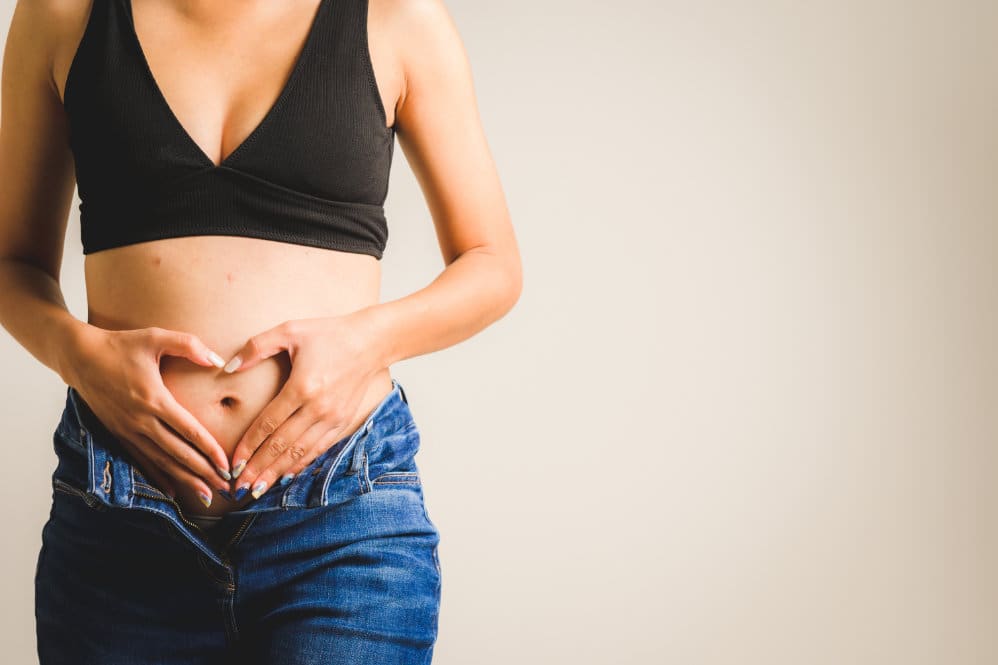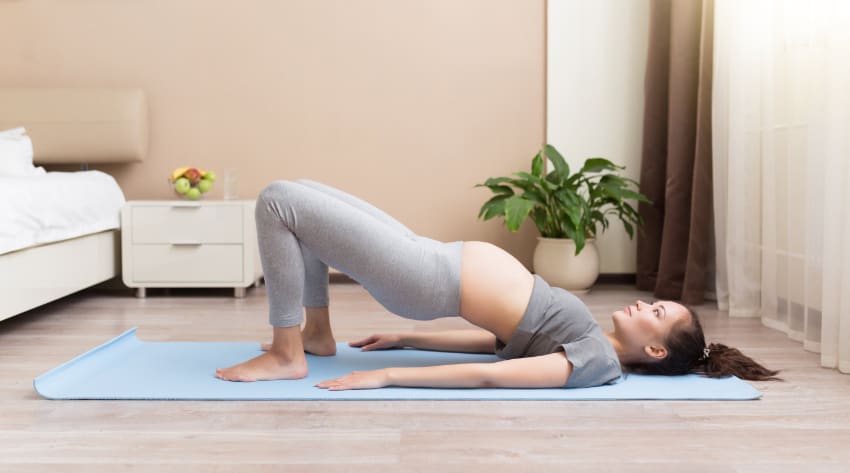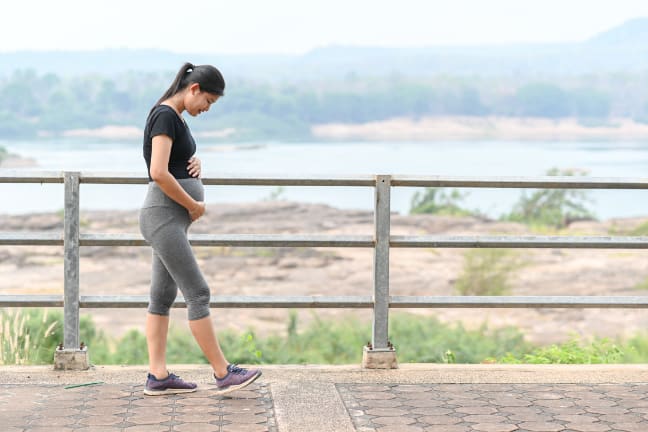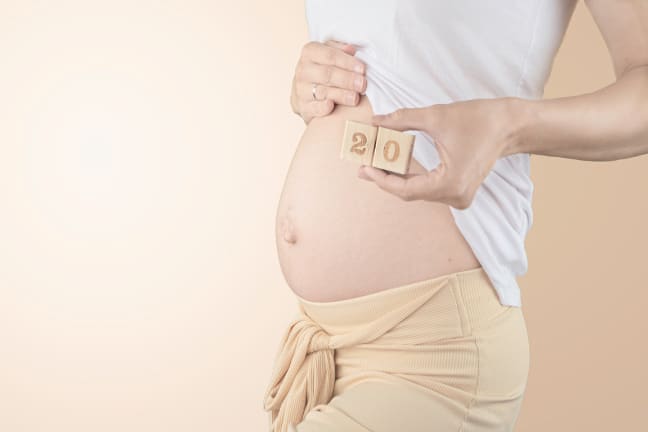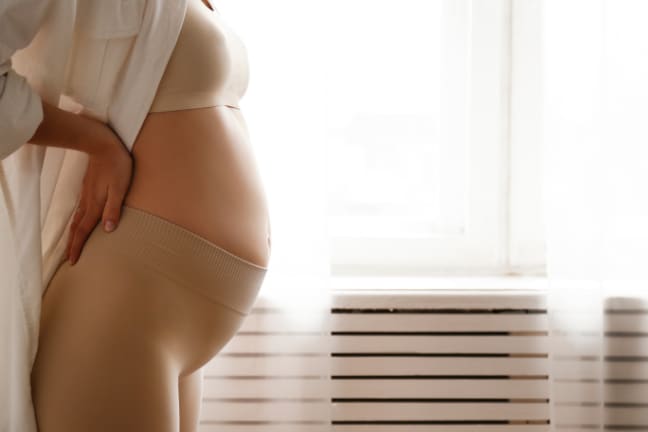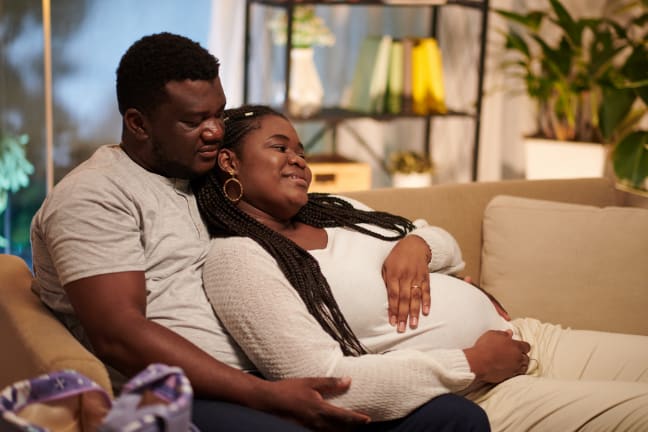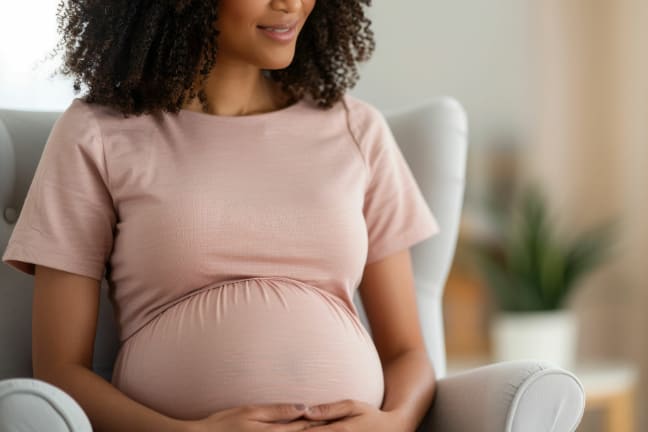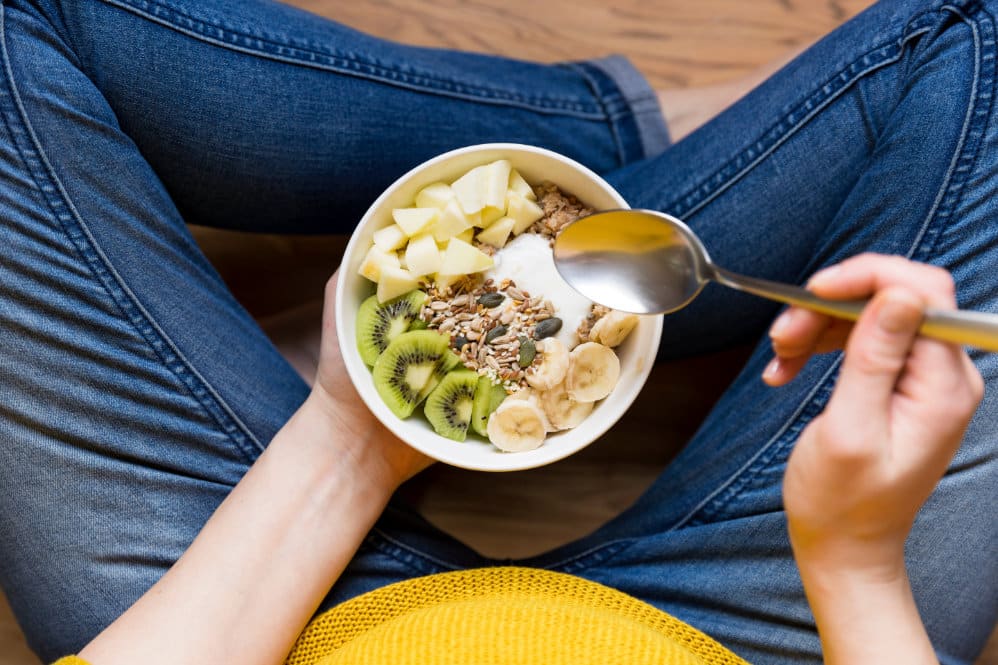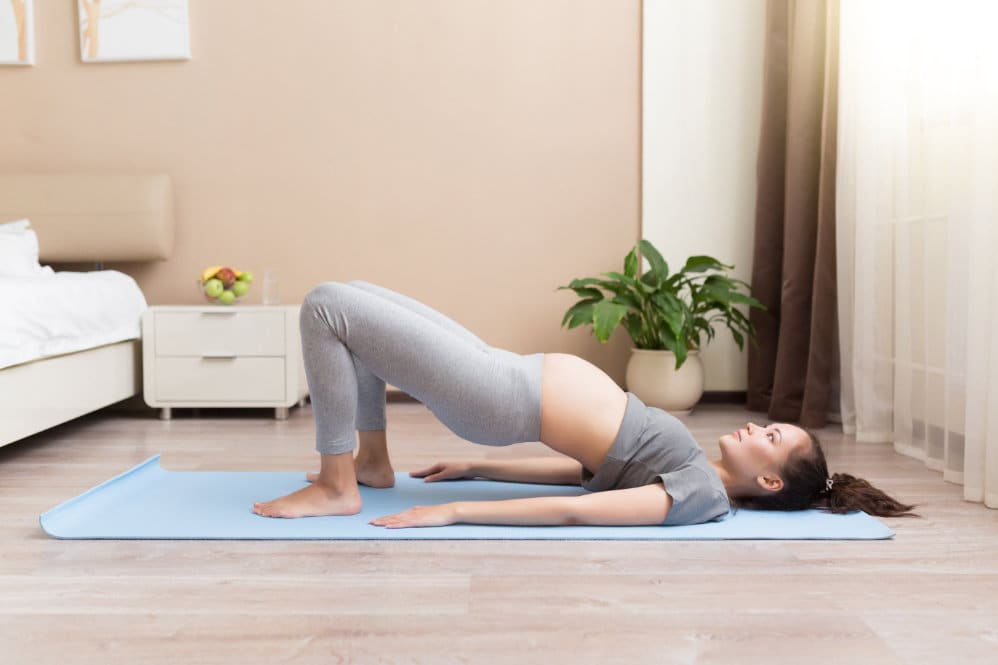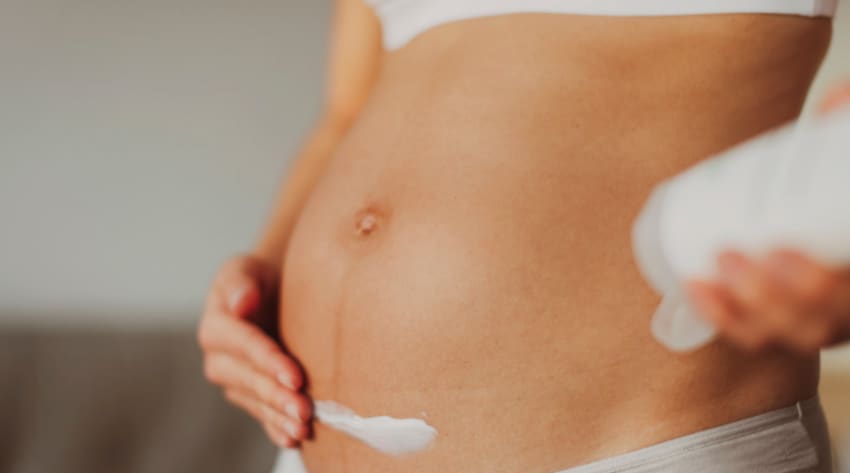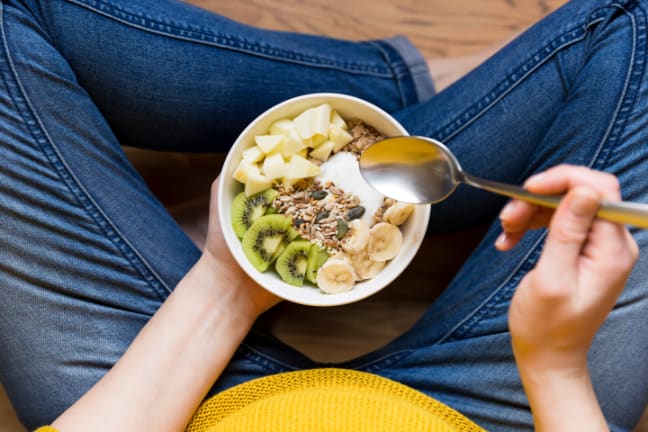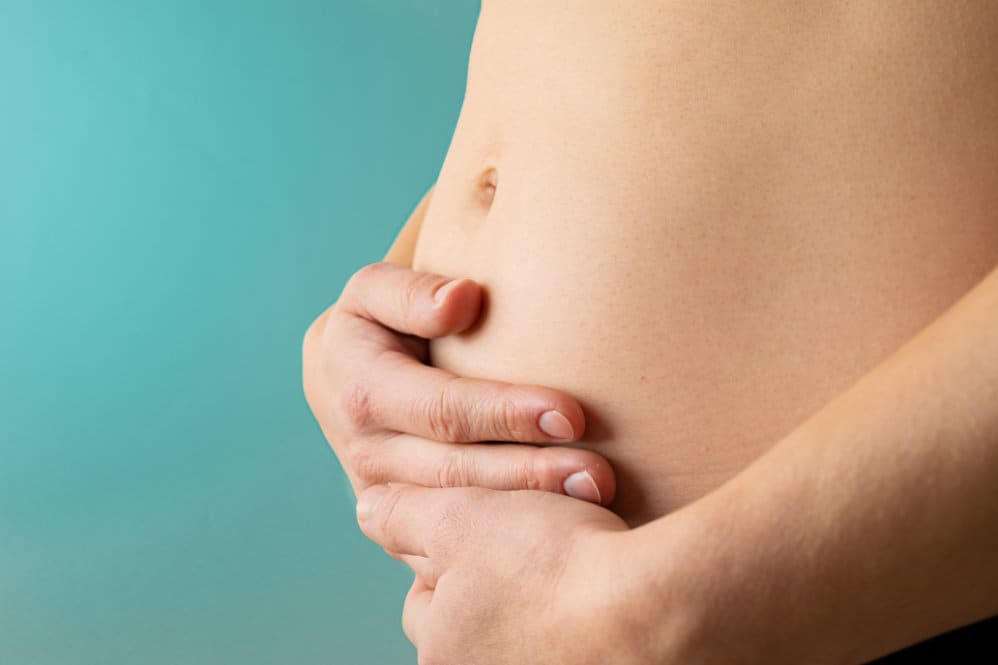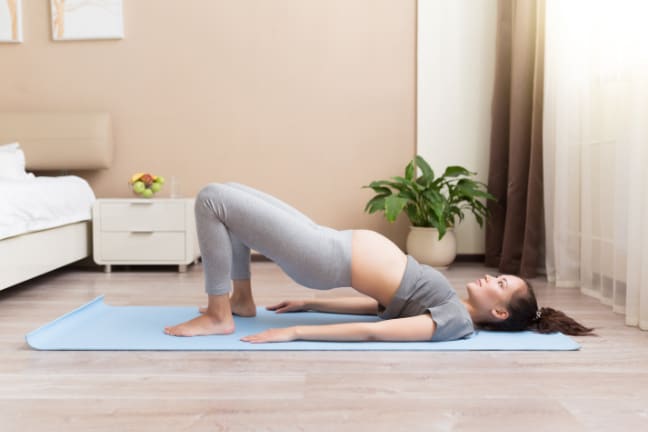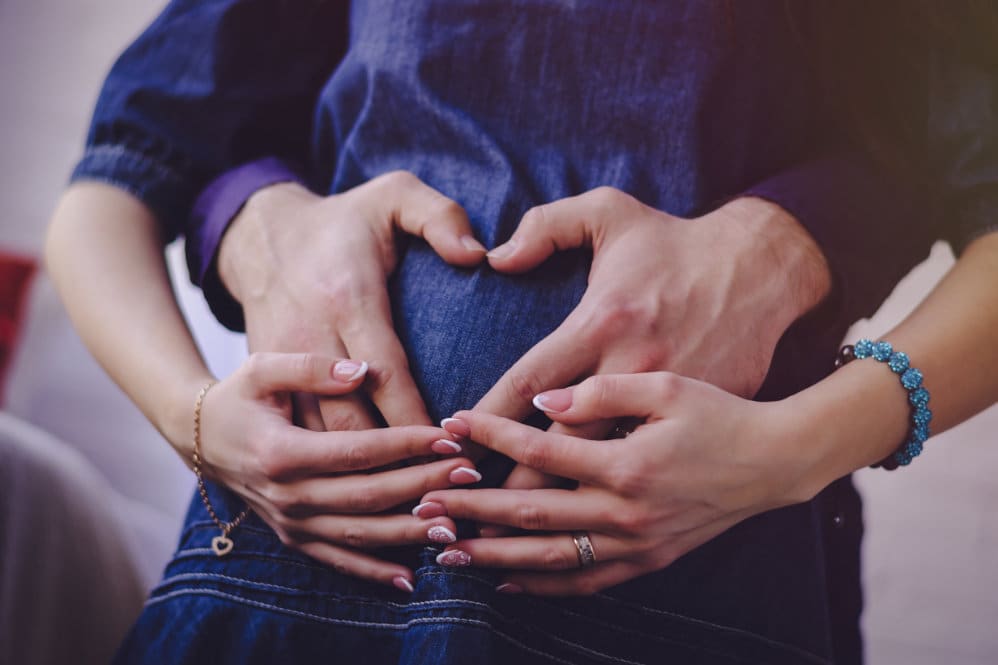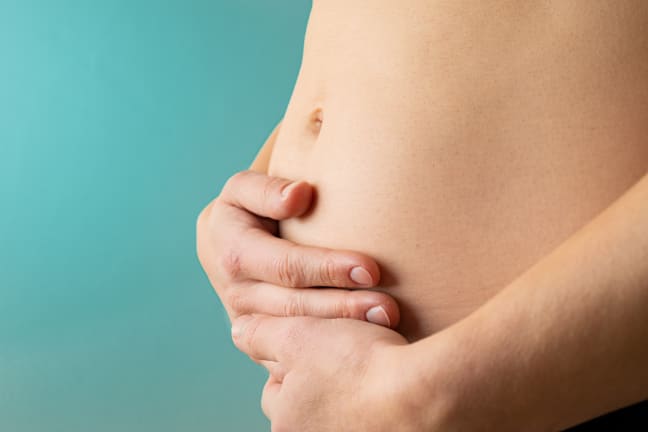Introduction
Baby talk. At 17 weeks pregnant, baby can hear you and feel your pats, coughs and laughs. You may already be showing a small bump, but some women don’t show for another few weeks. Try and keep active, many fitness routines are bump friendly. If you are new to exercise though always best to check with your midwife first. Fats and essential fatty acids are an important part of your pregnancy diet. Omega 3 fats, important for brain function and normal growth and development, are found in oily fish like salmon. Read more on what to expect at 17 weeks pregnant.
What happens at 17 weeks pregnant?
This week baby is about the size of a luscious pomegranate at 17 weeks pregnant. The development of your baby’s nervous system is making them more aware of sounds, light and movement from the outside world. They could even start responding to pats, rubs and loud laughter.
Baby’s tact corpuscles, or touch receptors, are also growing all over their body and they’ll keep growing until around week 20. The nerve fibres of their spinal cord are being protected by myelin, rich in lipids and very helpful for good nerve conduction. Also, baby’s intestines which are still growing, have finally settled in their rightful place – the abdomen.
What happens to your body at 17 weeks pregnant?
What to expect at 17 weeks pregnant? For starters, it’s different for everyone. Some mums-to-be see a cute little baby bump beginning to show and the pregnancy might be more visible. It can be an exciting time as things start to feel more real. Depending on your usual body shape and whether you have had a baby before, you may already be showing a small bump, but some women don’t show for another few weeks. Either way, those skin-tight jeans will most likely be feeling a bit snug.
But the good news is you may start to feel baby moving by now. In the early days you’ll just feel little flutters or a bubbly sensation, no it’s not indigestion, it’s baby saying a first little hello. If you’re struggling to feel anything don’t worry, it can be weeks before some women get the slightest flutter, and even then it can be very subtle and easily missed. Try relaxing in a quiet room and tuning in to your body.
Also, a good way to tune in to your body is through gentle pregnancy exercises and pregnancy yoga, but check with your GP or midwife first. For any instructor-led activity, ensure they are qualified to teach and let them know that you are pregnant.
What to eat at 17 weeks pregnant?
Fats and essential fatty acids are an important part of your pregnancy diet. Omega 3 fats, important for brain function and normal growth and development, are found in oily fish like salmon. Just remember to limit tuna or salmon to one portion per week, and steer clear of fish containing mercury like swordfish, marlin or shark.
Veggie or Vegan? There are plenty of delicious non-meat alternatives to fats and fatty acids like avocados, pulses and soybean, flax seed, chia seed and walnuts.
What are the symptoms of 17 weeks pregnant?
Week 17 pregnancy symptoms can include constipation or piles. What a pain in the bottom….literally. Constipation in pregnancy is quite common and it is caused by pregnancy hormones and an expanding uterus. Piles (haemorrhoids) on the other hand are formed when the blood vessels become enlarged causing swelling which can be itchy and painful around the rectum and anus. These are caused by pregnancy hormones as well, or from a period of constipation. You will need to see a GP to treat them, however, methods to prevent and ease constipation and piles are very similar. Here are some tips below:
-
Drink plenty of water
-
Eat high fibre foods such as wholemeal breads and pasta, cereals, fruit, vegetables and pulses such as lentils and beans.
-
If you have been prescribed iron supplements during pregnancy and are also experiencing constipation speak to your GP for further advice
-
Exercise is a good way to prevent constipation. If you are new to exercise always speak to your public health nurse, midwife or GP first.
There will be more info and tips in next weeks article to help keep constipation at bay.
Coping with flu during pregnancy
You’ll be lucky to get away without getting a cold during pregnancy and it’s totally understandable if when you do, you get a little worried for baby. A common cold or a stomach upset usually won’t harm your little one, but before you reach for those painkillers make sure you check with your GP or pharmacist.
Some harmless-looking remedies, even over-the-counter ones, can affect baby, so it’s really important to be sure that what you’re taking is safe for them.
The HSE recommends that all women take the flu jab in pregnancy because they are more susceptible to complications if they fall ill with flu. It’s a very personal choice and not everyone decides to have it but, if you choose to, it’s free of charge for all mums-to-be.



